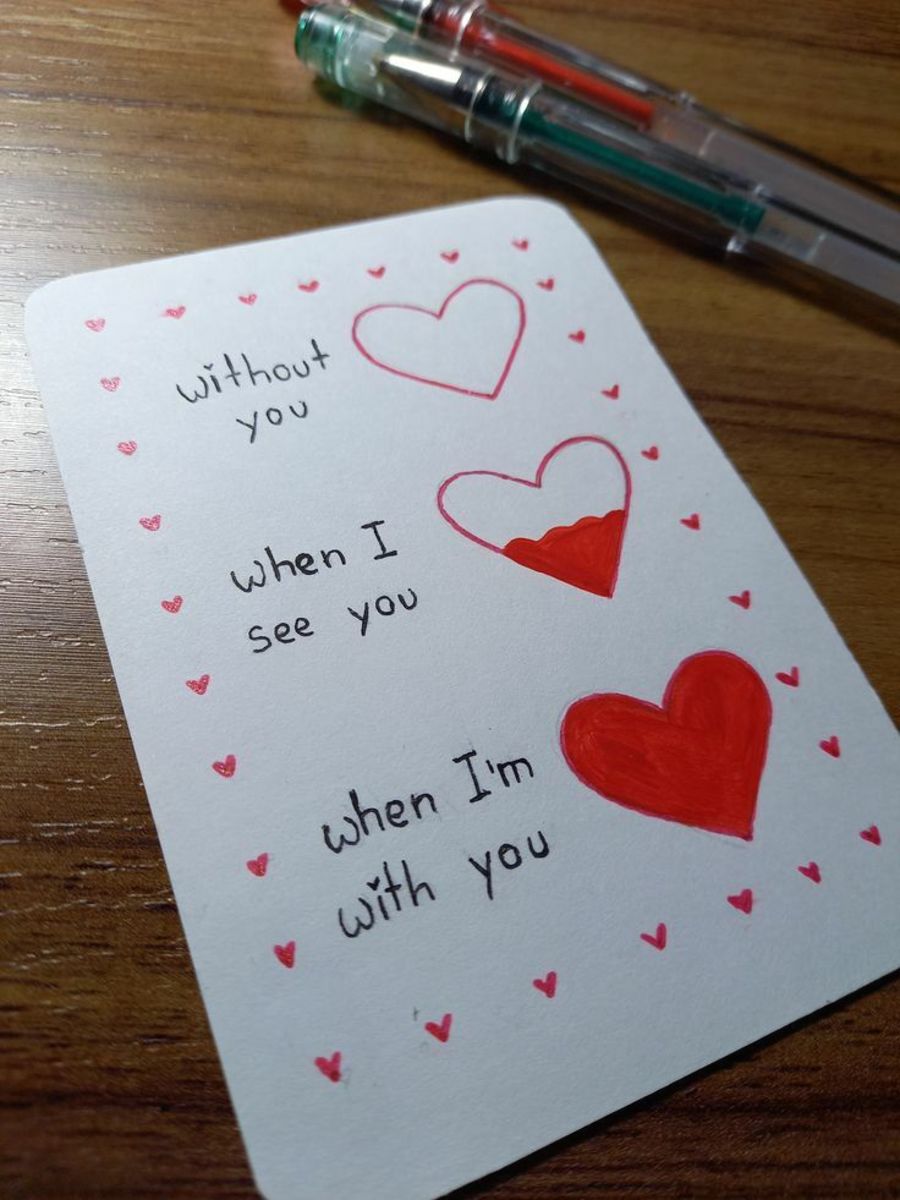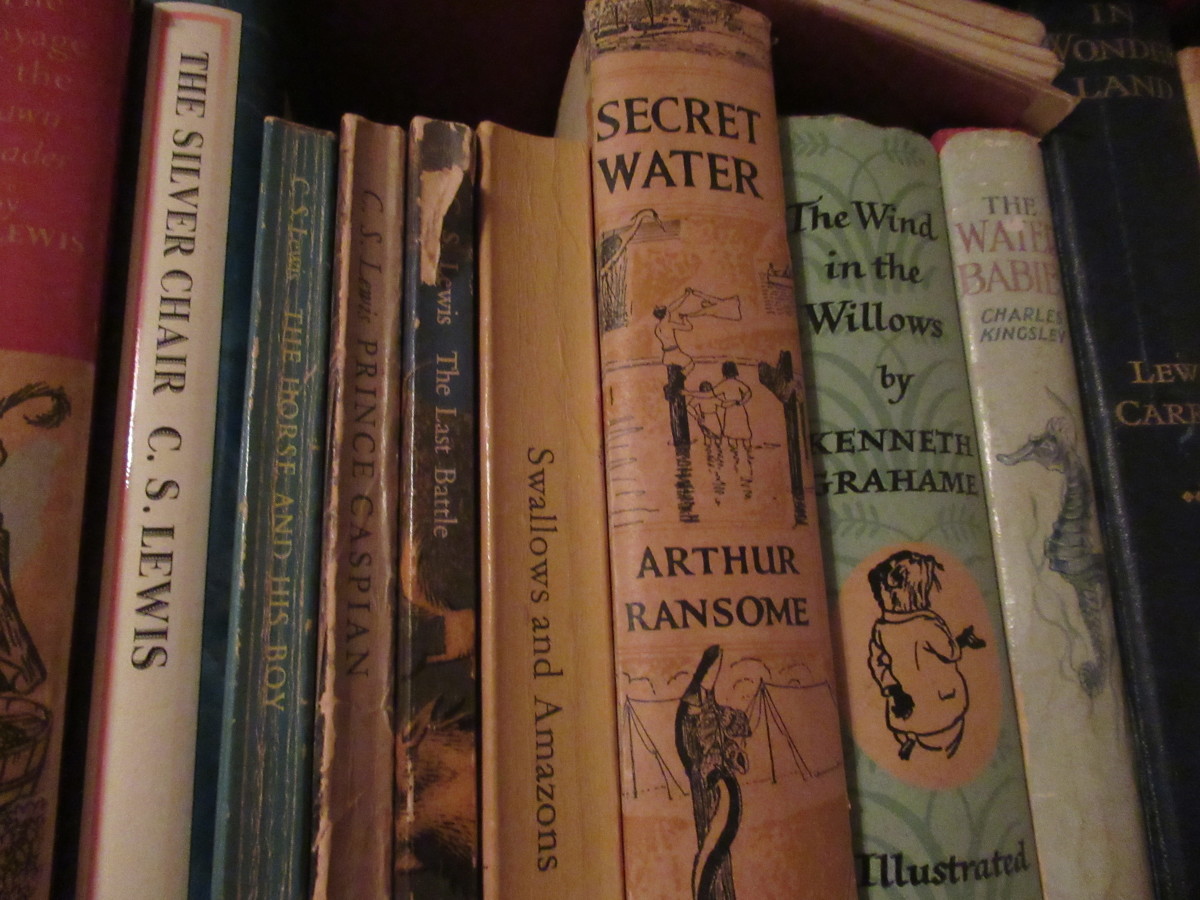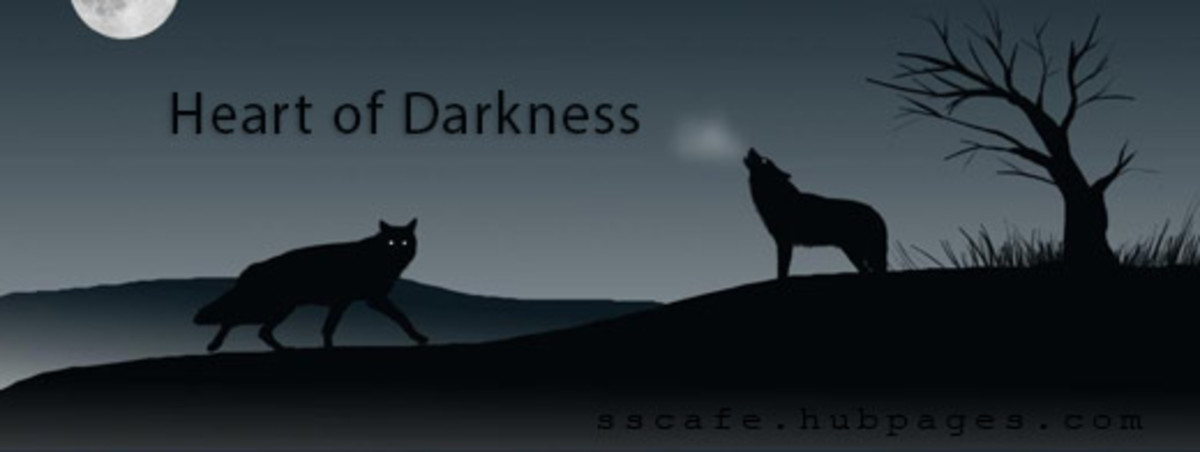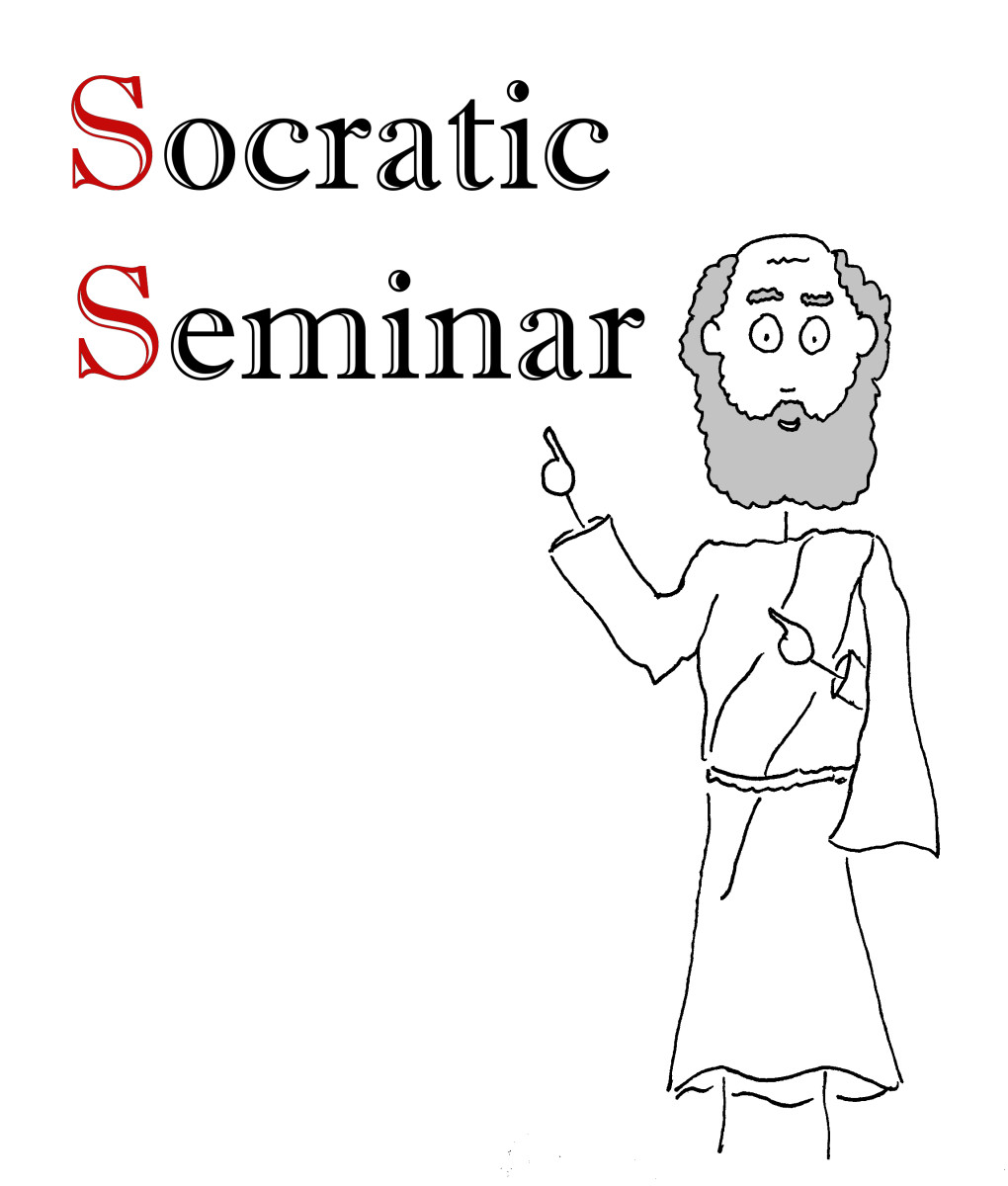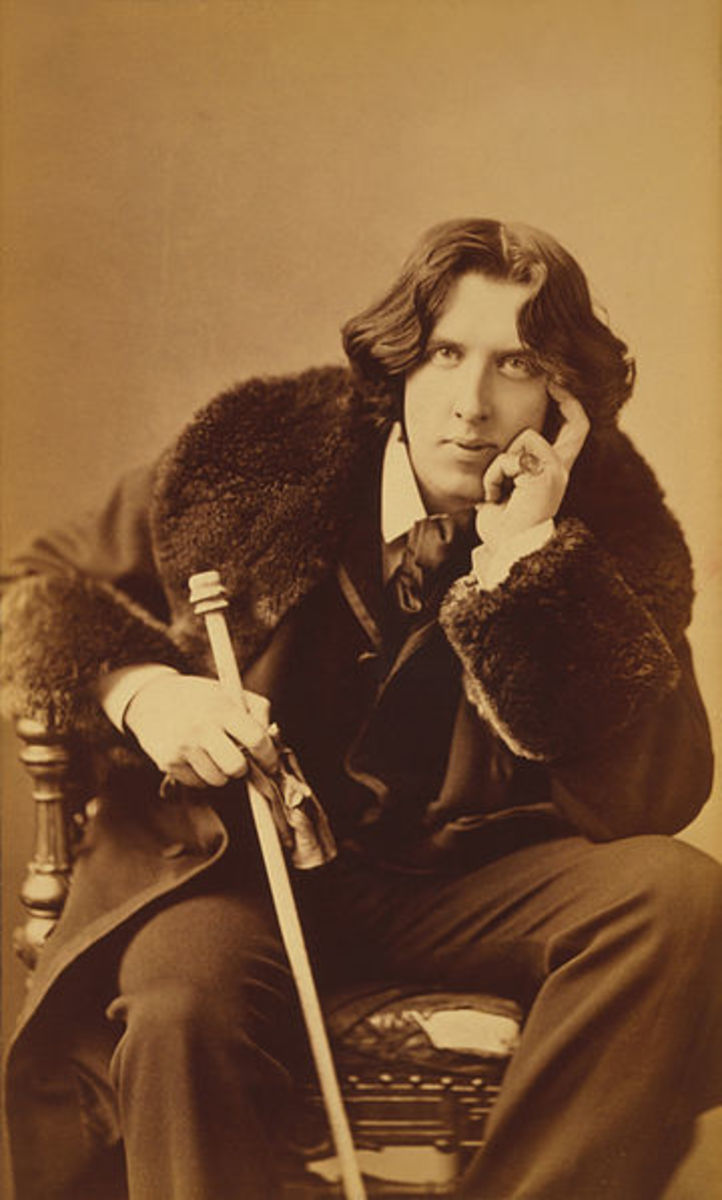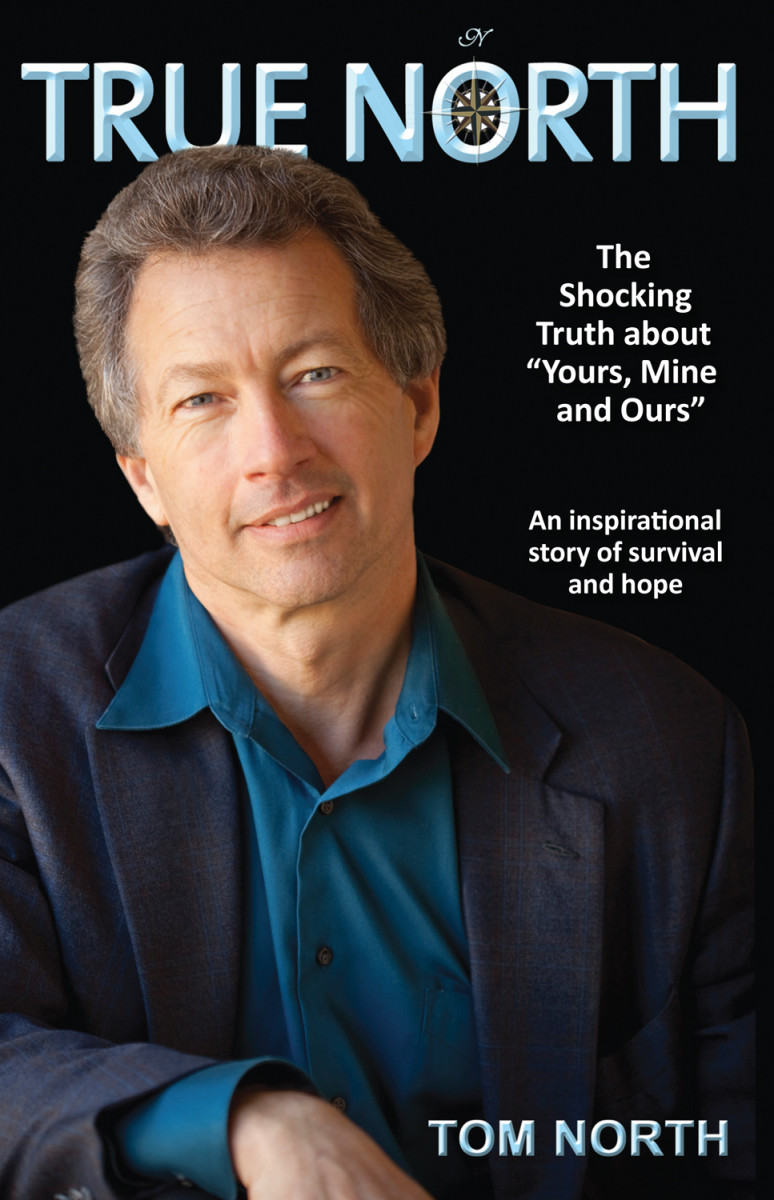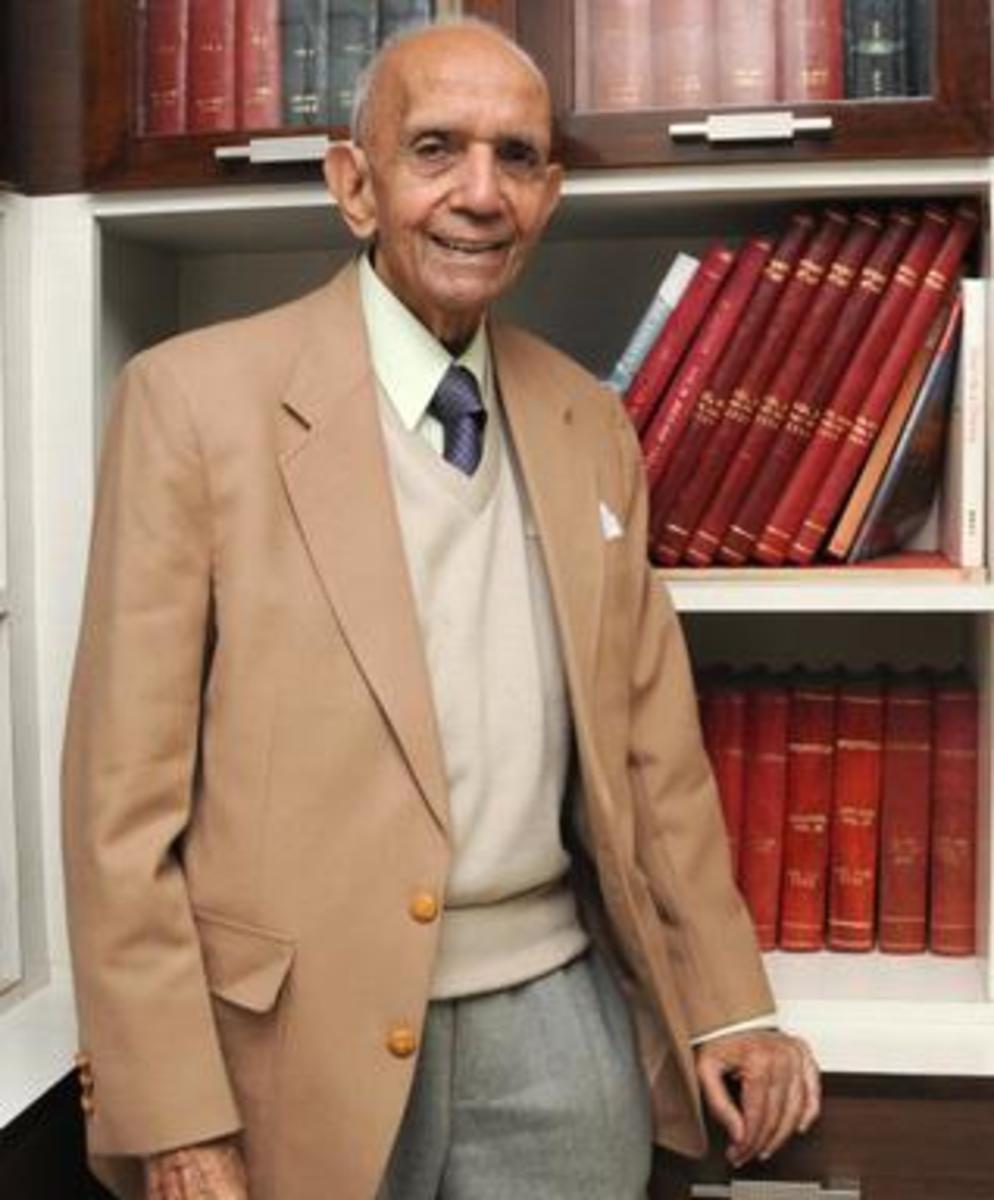Heart of Darkness Part Three Analysis
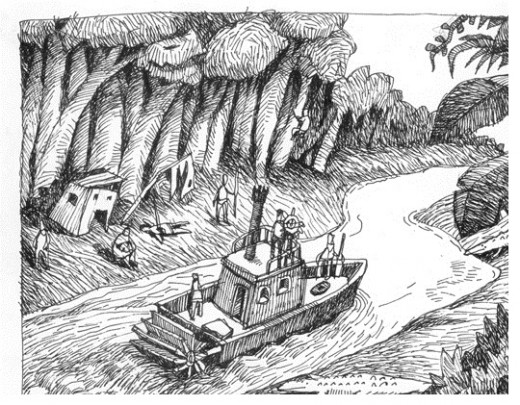
Relevant Heart of Darkness and Apocalypse Now Analysis:
Need a copy of Heart of Darkness?
Notes for Discussion
Note: Page Reference in brackets are referring to the Heart of Darkness copy by Penguin Classics.
- The notion of the Russian/Harlequin as something fantastic continues: 'His very existence was improbable, inexplicable, and altogether bewildering. He was an insoluble problem. It was inconceivable how he had existed' (90). When he leaves Marlow, Marlow observes 'Something I ask myself whether I had ever really seen him - whether it was possible to meet such a phenomenon! ...' ( 103)
- Note the Russian's reference to going too far he doesn't know how to get back (90).
- Marlow admires his 'absolutely pure, uncalculating, unpractical spirit of adventure' which has 'consumed all thought of self so completely' (90 - 91). His admiration of his devotion to Kurtz, though, is less enthusiastic (69).
- Kurtz continues to be defined in terms of his power of discourse and, as a sage, his ability to make the Russian 'see things'. (69)
- Kurtz's relationship with the native tribes becomes clear: 'They adored him ... he came to them with thunder and lightning, you known - and they had never seen anything like it - and very terrible. He could be very terrible.' (92)
- Kurtz as extraordinary: 'You can't judge Mr Kurtz as you would an ordinary man.' (92).
- Marlow's suggestion that Kurtz is mad is vehemently dismissed by the Russian (93) and the suggestion is made that Kurtz is not in total control: 'He hated all this, and somehow he couldn't get away.' (93)
- The human heads decorating the posts are now clear to Marlow (94)
- Kurtz's lack of restraint is now made clear (95). The wilderness's power is clear, whispering to Kurtz 'things about himself which he did not know' (95). The whispers echoed loudly 'because he was hollow at the core.' (95)
- Note the imagery associated with Marlow's reference to the Russian as Kurtz's last disciple (96).
- Note Marlow's cynical attitude toward Kurtz at first (97).
- Consider the physical ant-climax of Kurtz's appearance, but note also the continued link to ivory: 'an animated image of death carved out of ivory' (97).
- Kurtz's mistress, a 'wild and gorgeous apparition of a woman,' as the embodiment of the wilderness's tenebrous and passionate soul (99).
- Note Marlow's judgement: the manager's self-interest and capacity to judge generates an atmosphere 'so vile' that Marlow turns to Kurtz 'for relief' (77). Marlow is quickly lumped with Kurtz in the manager's mind.
- Kurtz as 'one of the immortals' (102).
- Note Marlow's sense of communion with Kurtz - a personal conjunction, not to be shared (104-5).
- Kurtz as lost (106), distant from his once 'immense plans' (106). Note the demonic imagery of the black figure with horns. (106).
- Kurtz as entranced by the 'heavy, mute spell of the wilderness' (106) that awakened 'forgotten and brutal instincts' and reminded him of 'gratified and monstrous passions.' (107)
- Marlow struggles to find a way to connect with 'a being to whom (he) could not appeal in the name of anything high or low.' (107)
- In Africa, Kurtz has 'kicked himself loose of the earth ... (has) kicked the very earth to pieces.' (82) Marlow doubts his own position - does he stand on the ground or float in the air? (Please consider the metaphor here very carefully).
- Marlow struggling with his soul (107) - cr. Jacob's struggle with the angel (Genesis 32).
- Kurtz's soul has looked into itself and gone mad; Marlow, too, must 'go through the ordeal of looking into it (himself).' (107) As Marlow says: 'I saw the inconceivable mystery of a soul that knew no restraint, no faith, and no fear, yet struggling with itself.' (83)
- Note the final image of Kurtz's mistress: 'Only the barbarous and superb woman did not so much as flinch, and stretched tragically her bare arms after us over the sombre and glittering river.' (109)
- The journey is reversed, 'out of the heart of darkness' (109), yet Kurtz again embodies that heart (110), and Marlow observes that '(his) was an impenetrable darkness.' (111)
- Kurtz is again physically linked with ivory (112), and, as the veil is rent, his final expression is a complex combination of pride, power, terror and despair.
- 'The horror! The horror!'
- Marlow offers his own definition: 'a judgement upon the adventures of his soul on this earth.'
- Note the use of bathos: the 'next day the pilgrims buried something in a muddy hole.' (87)
- Self knowledge, peeping over the edge, embracing the universe and penetrating the heart of darkness, a glimpsed truth, stepping over the edge (88).
- Kurtz as victorious (114) and Marlow's loyalty. To Marlow, Kurtz's soul is 'as translucently pure as a cliff of crystal.' (88)
- Marlow's return to Europe is swift in terms of textual space. The sepulchral city now seems insignificant to Marlow, its inhabitants unable to know 'the things (he) knew.' (114) They appear 'full of stupid importance.' (89)
- Kurtz as a 'universal genius', but also as an extremist' (116).
- Kurtz lives on in Marlow's memory, entering the Intended's house with Marlow. (92).
- The atmosphere in the Intended's house is funereal, defined by mourning. As Marlow observes, for her 'he had died only yesterday.' (119)
- Consider the Intended's claim: 'no one knew him so well as I! I had all his noble confidence. I knew him best.' (120) Naturally we contrast this with Marlow's knowledge. Marlow recognises in her the faith that is a 'great and saving illusion' (121).
- Marlow's lie protects that illusion. He justifies himself: it would have been 'too dark - too dark altogether ...' (123)
- The final lines and the river imagery return the novel to its opening and link the present (and the London setting) to the 'heart of an immense darkness.' (124).
How many star would you give Heart of Darkness?
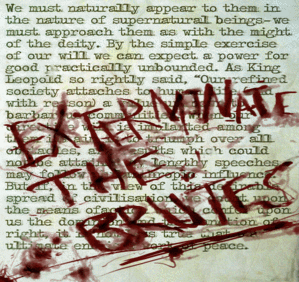
Practice Questions
Comparative Study of Texts and Contexts - Heart of Darkness and Apocalypse Now
- 'A text reflects the context in which it was composed, but human concerns remain the same.' Discuss this statement by in reference to your texts and their relative contexts.
- Imagine you are Francis Coppola. Before starting to shoot Apocalypse Now, you ask the actors playing the main characters to read Heart of Darkness carefully. You call them together for a preliminary discussion of what you want to accomplish in your film. Write the script of what Coppola says to his actors. You should explore what he has retained from Conrad's novel and the changes he has made. This will involved him considering the differences between the context of his film and the context of the novel it is based on. You can have actors interrupting, but the majority of your piece should be devoted to what Coppola himself says. Keep in mind that both Conrad and Coppola are story-tellers, and a consideration of techniques they use would be an important part of Coppola's speech.
- How has the director of Apocalypse Now used Heart of Darkness to say something new?
- 'Although composed many years apart, both texts explore issues which might challenge a responder's values.' In consideration of both texts, discuss how each composer provokes his responder to question his or her values.
- 'Transformation or imitation - new texts or old ideas?' Discuss this statement in reference to your texts and their relative contexts.
- How does the transformed text question and manipulate the values, style and form of the original? Why?
- 'The fact that composers transform texts suggest that no text can continue to be meaningful as contexts change.' Discuss to what extent this is the case with your two texts and contexts.
- 'Texts that describe darkness actually reveal the capacity for evil that lies within the human spirit.' How is this represented in your two texts and what does it reveal about their contexts?
- 'The process of transformation involves much more than just the adaptation of ideas and form to contemporary situations and audiences.' Discuss in relation to your two texts and their contexts.
- 'In the process of transforming older texts into contemporary situations composers are more concerned with entertaining the masses than making a serious comment on society.' Discuss in relation to your two texts and their contexts.
- 'The more recent the text, the greater the concern for humanity.' Discuss in relation to your two texts and their contexts.
- 'Transformed texts are just a different way of saying the same old thing.' Discuss to what extent this is true of your texts and their contexts.


